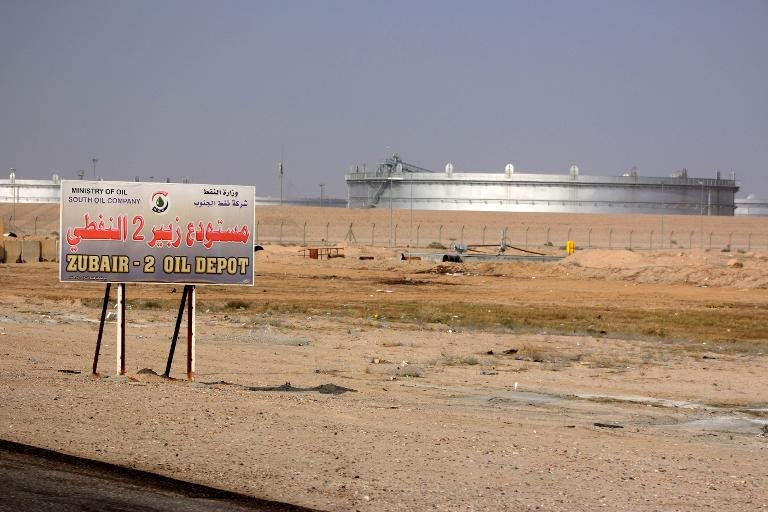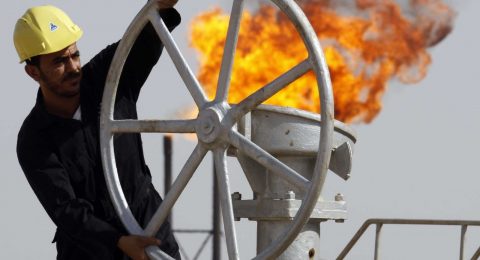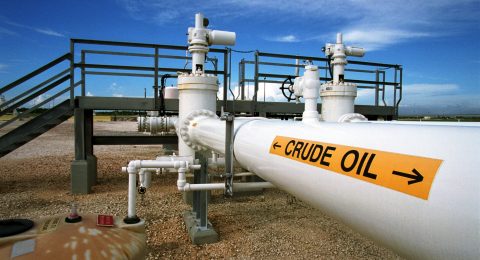Iraq narrowed the discount for April crude deliveries to Asian buyers by the most since November 2011, joining other Middle East producers in raising official selling prices amid signs demand is improving.
Iraq, OPEC’s second-biggest producer, will sell its Basrah Light crude at $2.80 a barrel below Middle East benchmark Oman and Dubai grades in April, the state-run Oil Marketing Co., known as SOMO, said Monday. That’s $1.30 less than the discount for March. Saudi Arabia last week increased the pricing terms for Arab Light sold to Asia, while Abu Dhabi and Qatar raised export prices.
Saudi Arabia led a November decision by the Organization of Petroleum Exporting Countries to maintain output and defend market share against rising U.S. output that sent crude prices almost 50% lower in 2014. The imbalance in the global crude market will even out in the second half of this year, OPEC Secretary-General Abdalla El-Badri said Sunday.
“Saudi Arabia’s OSP has been a very important indicator of oil demand recently,” Mark Keenan, the head of commodities research for Asia at Societe Generale SA in Singapore, said by phone. “This extension into Iraq and other regional producers will be viewed as confirmation of the initial comments from Saudi Arabia that Asia demand is picking up.”
State-owned Saudi Arabian Oil Co. said last week it will sell cargoes of Arab Light in April at 90 cents a barrel below Asia’s regional benchmark. That narrows the discount by $1.40 from March, the biggest price increase since January 2012, according to data compiled by Bloomberg.
Abu Dhabi National Oil Co. set its Murban crude at $56.55 a barrel for February from $46.40 in January, raising prices for the first time since June, according to a March 4 statement. Qatar also increased prices for Marine and Land crude in February, the state-run Qatar News Agency reported March 5.
The 12-member OPEC pumped about 30.
57 million barrels a day in February, according to data compiled by Bloomberg. The group, which supplies about 40% of the world’s oil, kept its collective quota at 30 million b/d at a November 27 meeting.
Source: Bloomberg











